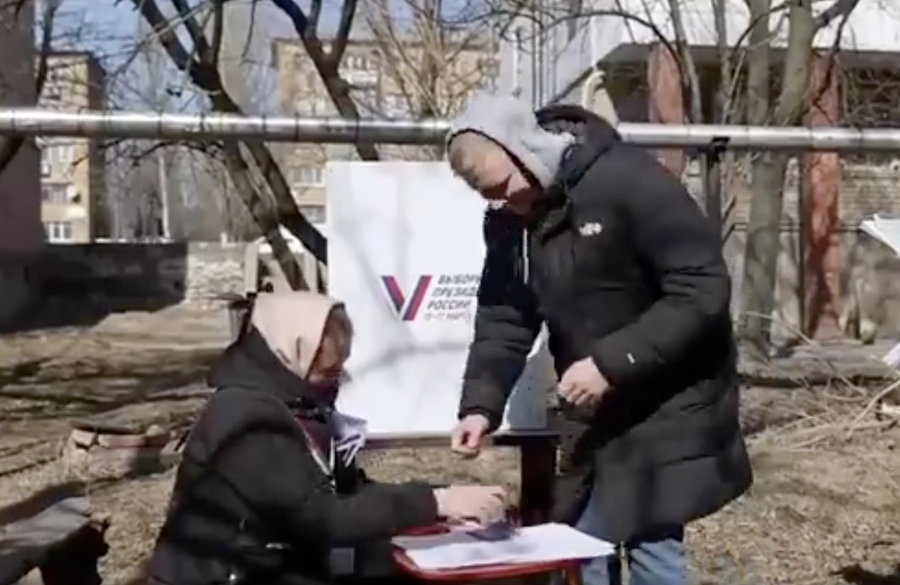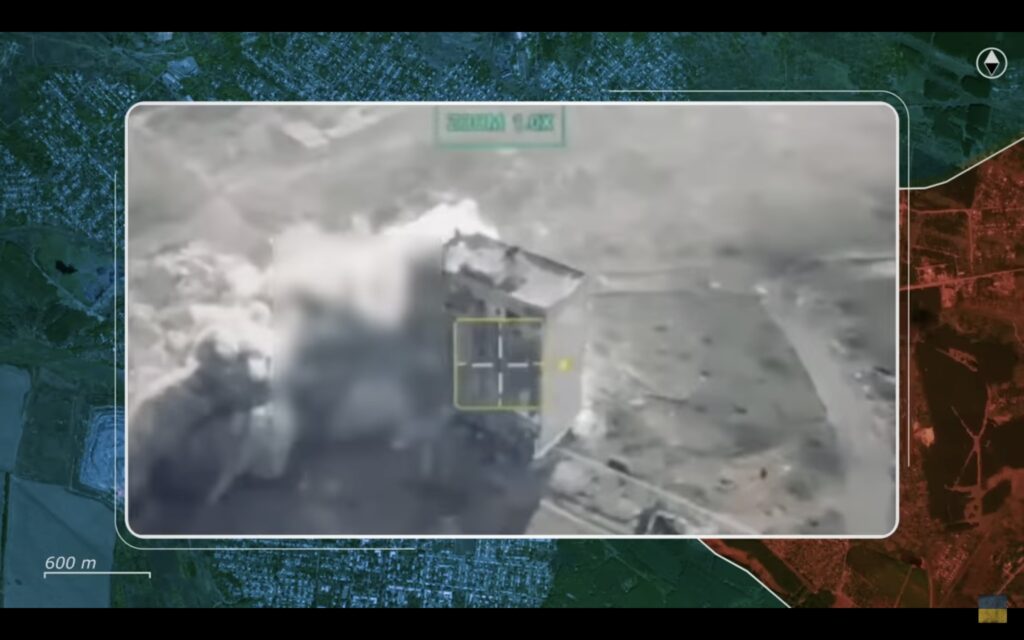Ukraine’s MFA urges media not to call Russia’s “farce” as “elections”; over 55 countries condemn vote in occupied areas
Ukraine urged not using "elections" for Russia's events, as Ukraine and over 55 countries denounced the voting in Russian-occupied Ukrainian areas as invalid and illegitimate.

The Ukrainian Ministry for Foreign Affairs has urged the media to refrain from referring to the events in Russia as “elections” to avoid lending credibility to what they consider a sham electoral process orchestrated by the Kremlin. This statement was made in a post on the social media platform X, as reported by Ukrinform.
“Media is about reporting facts. Today, more than ever, it is vital not to assist the Kremlin in creating the illusion of an electoral process and to refrain from referring to this farce as “elections” in the language of democratic states,” the MFA stated.
Ukraine, supported by over 55 countries at the United Nations on 15 March, condemned Russia’s attempts to organize elections on occupied Ukrainian territory, declaring them invalid, according to Voice of America.
“We condemn in the strongest terms the Russian Federation’s illegitimate attempts to organize Russian presidential elections in temporarily occupied areas within the internationally recognized territory of Ukraine,” the group said in a statement read by Ukraine’s UN ambassador, Sergiy Kyslytsya, “flanked by his counterparts.”
Kyslytsya emphasized that conducting elections in the territory of another UN member state without its consent blatantly disregards the principles of sovereignty and territorial integrity, and under international law, such elections are considered invalid.
According to VoA, international observers have deemed the Russian elections neither free nor fair, designed to extend President Vladimir Putin’s tenure by another six years. Ukraine, with the backing of Slovenia, a member of the UN Security Council, has called for a meeting on 15 March to address Russia’s conduct of the vote in Ukrainian territories occupied by Russian forces, including Crimea and the Donetsk, Luhansk, Kherson, and Zaporizhzhia oblasts.
You could close this page. Or you could join our community and help us produce more materials like this.
We keep our reporting open and accessible to everyone because we believe in the power of free information. This is why our small, cost-effective team depends on the support of readers like you to bring deliver timely news, quality analysis, and on-the-ground reports about Russia's war against Ukraine and Ukraine's struggle to build a democratic society.
A little bit goes a long way: for as little as the cost of one cup of coffee a month, you can help build bridges between Ukraine and the rest of the world, plus become a co-creator and vote for topics we should cover next. Become a patron or see other ways to support.


